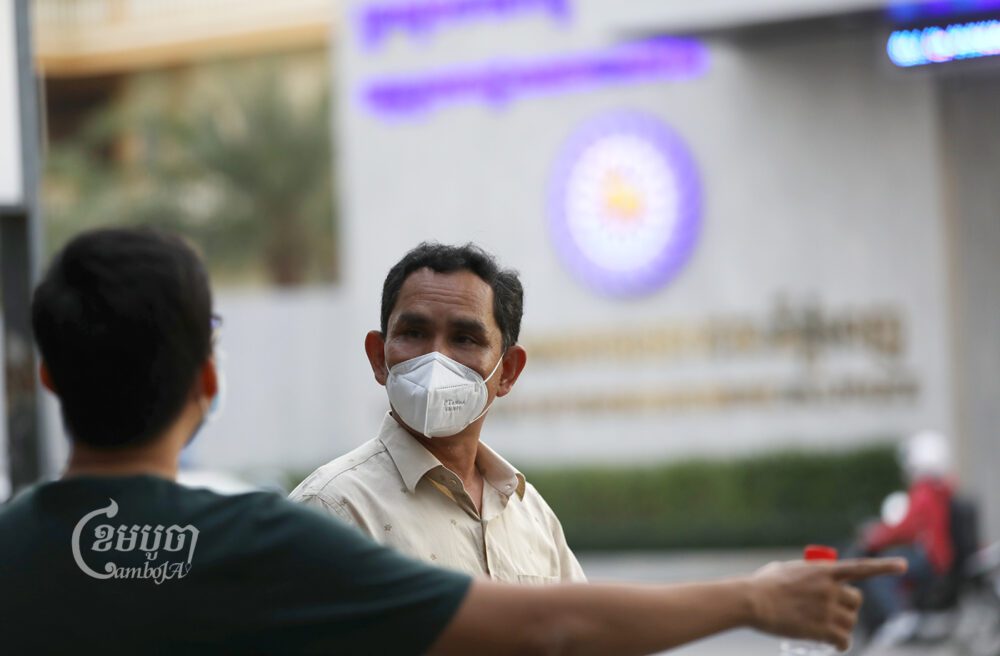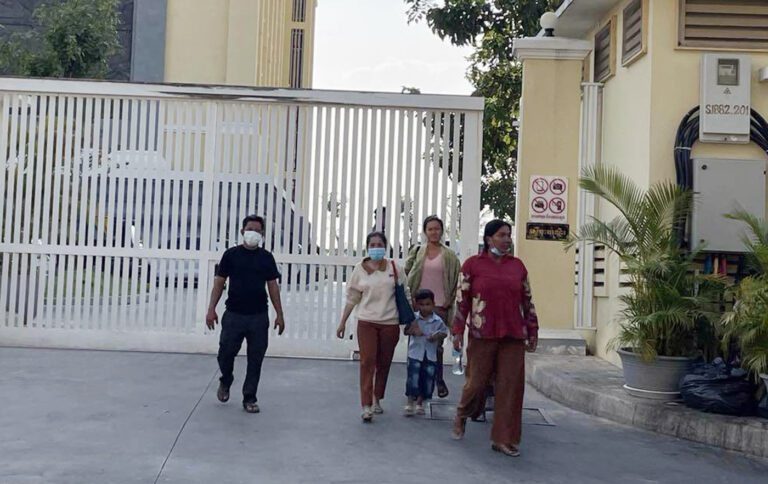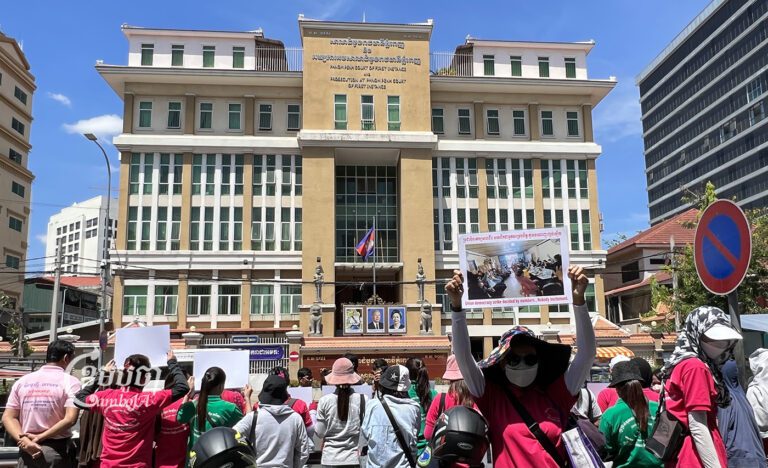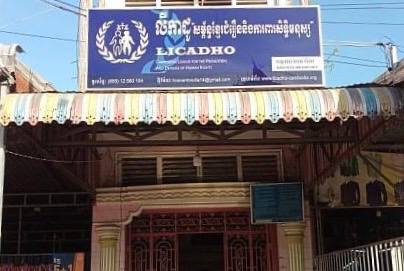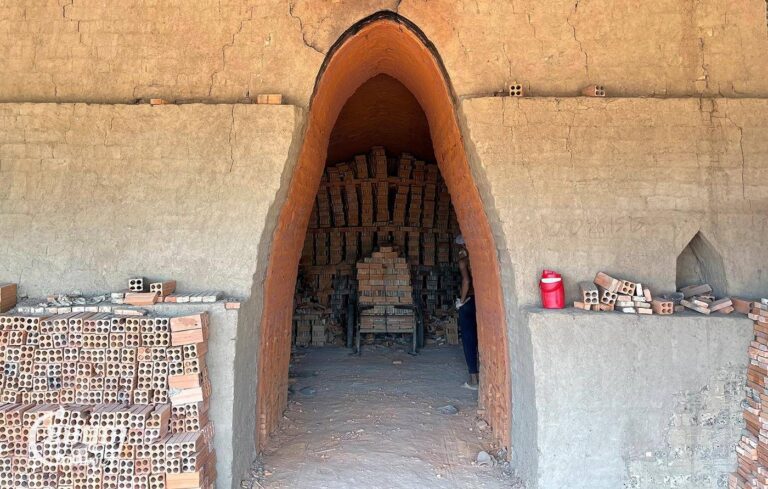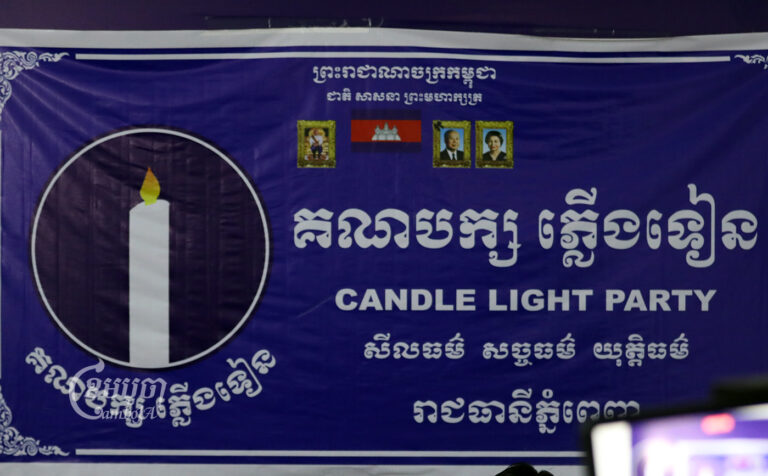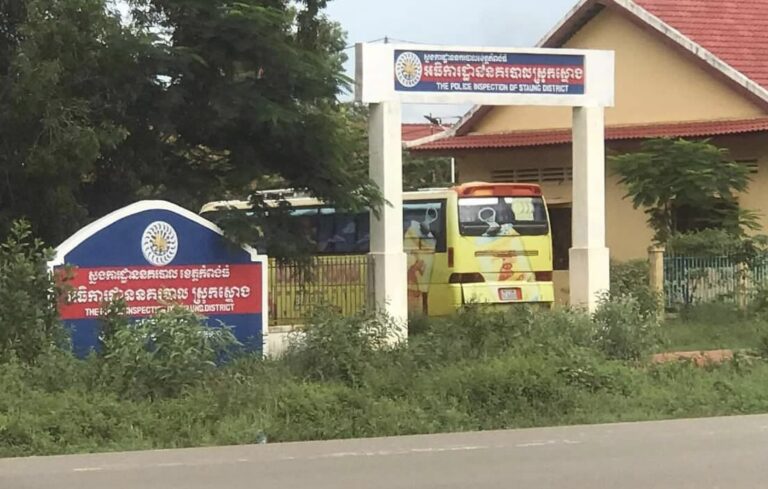Human rights NGO Licadho removed a rap music video from its website and Facebook page after Phnom Penh police interrogated its operations director on Monday and requested several other civil society leaders appear for additional questioning this week.
Licadho said in a Tuesday statement that police warned its operations director Am Sam Ath that “refusing to remove the music video…would result in further legal action by authorities.”
The rap song, titled “Workers Blood” and performed by rapper Kea Sokun, plays alongside footage of the confrontation between workers and government forces at Veng Sreng road in 2014, which led to the deaths of at least four workers, dozens of injuries and the disappearance of a 15 year-old protester, according to Licadho. No one has been held accountable.
“It is LICADHO’s belief that the music video is not incitement, and is protected speech under the Cambodian Constitution,” Licadho stated. “We are saddened by this restriction on freedom of expression.”
“This is the first time in LICADHO’s 30-year history that the government has taken legal action as a result of a complaint about a post on the organization’s Facebook and website,” the statement added.
Licadho censored the video and title on its website with symbolic black blocks. The video had gained more than 10,000 views on Licadho’s Facebook page but remains accessible on other social media platforms and pages.
Police say they plan to question several other NGO and union leaders this week over the content of “Workers Blood” after the Ministry of Culture and Fine Arts urged authorities to censor the song on January 6, warning it was an act of incitement.
Sam Ath said Monday that police asked him about the origins and aim of the song published on the social media pages of Licadho and the NGO Centre for Alliance of Labour and Human Rights (CENTRAL).
“In that song we have only three purposes: one, to remember [the protests], second, to eliminate the violence, and the third, to provide justice to the victim,” Sam Ath said. “We don’t have any intention to incite like the Ministry of Culture said.”
Phnom Penh police spokesperson Chhay Kim Khoeun confirmed that Sam Ath had been questioned and other union leaders would be called in, but said he could not provide further information.
“Police have the right to question anybody who is suspected,” Kim Khoeun said. “So, it’s nothing weird that the police invited them to be questioned about that song. I can’t tell you about the process or the result of questioning because this is the secret.”
CENTRAL program manager Khun Tharo told CamboJA that CENTRAL’s director Moeun Tola was scheduled to meet with police on Tuesday afternoon.
Tharo said police were also planning to question Theng Savoeun, president of the Coalition of Cambodia Farmers Community and Vorn Pao, president of the Independent Democratic Association of Informal Economy (IDEA).
Savoeun said his organization would cooperate with the police request. Vorn Pao, Tola and Kea Sokun could not be reached for comment.
Tharo said the song “Blood Workers” was commissioned by Licadho and Central and Kea Sokun was hired to produce the song.
Tharo said the song called for the elimination of violence against protestors seeking their labor rights and sought justice for the victims of the violence. He said the song was not intended to incite an anti-government social movement, as he said the Ministry of Culture implied.
At the time of the protest at Veng Sreng road, garment workers and unions were demanding an increase in minimum wage to $160 per month.
“In 2014, hurtful, heart shaking, protests on Veng Sreng street were like a vengeful struggle,” raps Sokun, according to an unofficial translation of his Khmer lyrics. “Protesting over wages for living, you struggled for rights, for freedom, seeking justice against all obstacles. Who is responsible on the dangerous street?”
Sokun served nearly a year in prison after the Siem Reap provincial court convicted him for incitement following a series of nationalistic songs which included lyrics like “I’m opposed to the dictator” and criticized the sensitive issue of Cambodia’s borders with neighboring countries.
While a collaborator, Long Putheara, was released from custody after apologizing for his music, Sokun refused to do so. He still has a 6-month suspended sentence from the court.
Licadho stated that it “continues to call on the government to respect freedom of expression for all Cambodians, including activists, artists, and civil society members.”
Update: This article and headline have been modified to include information from a statement published by Licadho.


